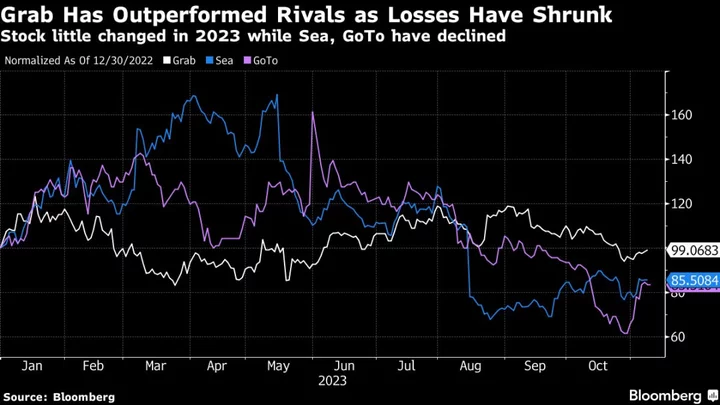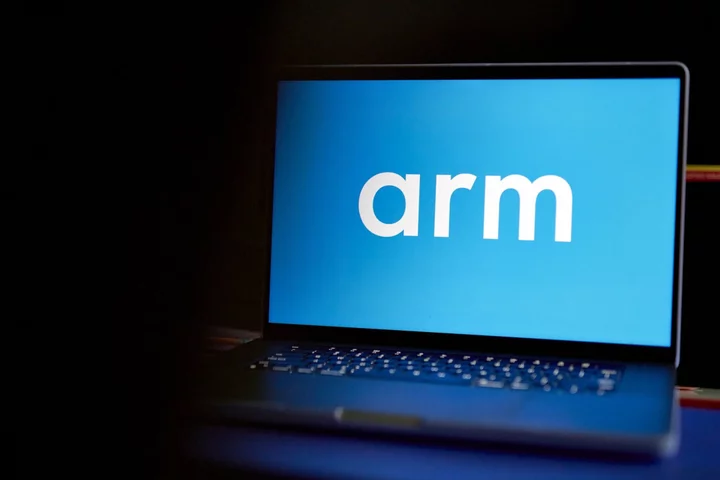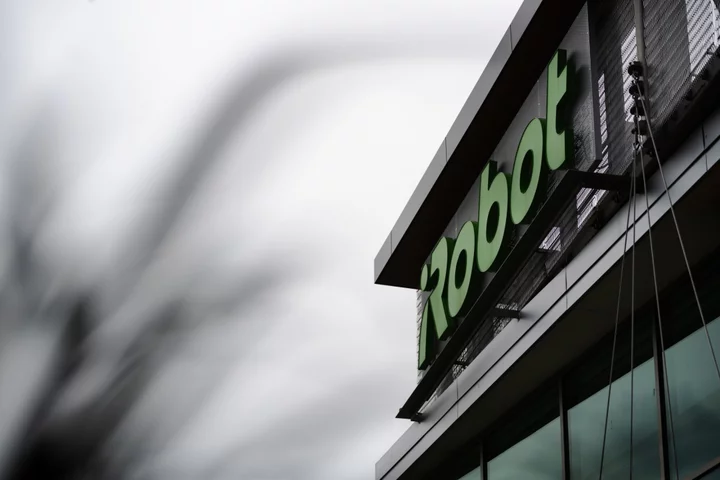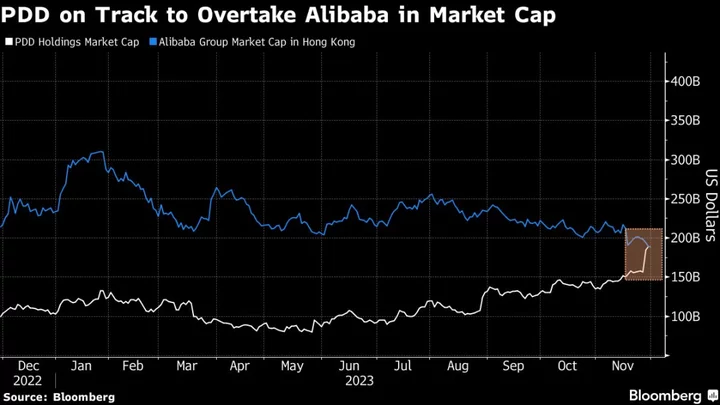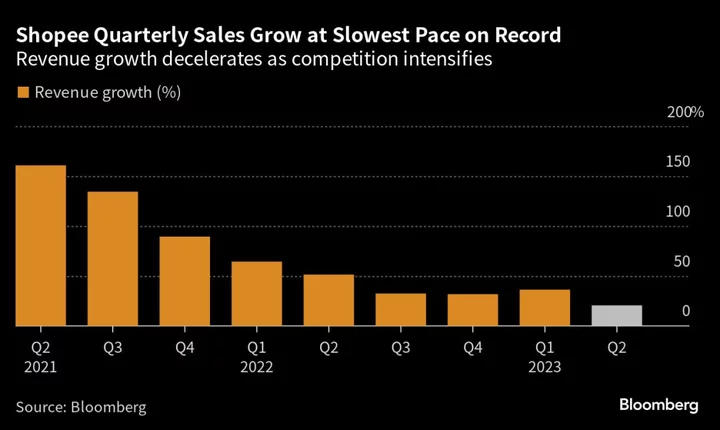Microsoft Corp.’s $69 billion takeover bid for games developer Activision Blizzard Inc. came back from the brink after the European Union gave its blessing for one of the biggest deals in history.
In a decision diametrically opposed to findings by British and US antitrust authorities, EU regulators said on Monday that the transaction could actually boost competition and make the fledgling cloud-gaming market better.
But while EU competition chief Margrethe Vestager’s team has raised hopes in Redmond and Santa Monica — where Microsoft and Activision have their headquarters — the duo still face a formidable task convincing UK and US judges to side with them in legal challenges.
The toughest task could be in Britain, where the firms must get a positive ruling from the specialized Competition Appeal Tribunal, a court with a narrow remit and a history of siding with the officials who pen the initial decisions. Microsoft is expected to formally file its appeal there by the end of the month.
“I struggle to see what can be done,” said Pablo Ibanez Colomo, a law professor specialized in competition at the London School of Economics. “The standard of review in merger cases in the UK is deferential,” meaning that “the grounds on which the decision can be annulled are quite limited.”
If deference is a factor, then the CAT will be mindful of comments from Sarah Cardell, the Competition and Markets Authority’s chief executive officer, who responded to the EU’s announcement in an unusually blunt fashion, highlighting how so-called behavioral remedies accepted by Brussels would allow “Microsoft to set the terms and conditions for this market for the next 10 years.”
“They would replace a free, open and competitive market with one subject to ongoing regulation of the games Microsoft sells, the platforms to which it sells them, and the conditions of sale,” Cardell warned.
Read More: Microsoft’s $69 Billion Activision Deal Wins EU Approval
Earlier Monday, Vestager had dubbed the deal a “pro-competitive” merger that would help to “kick-start” the cloud streaming market. She said the EU saw merits in Microsoft’s commitments, with her team noting how 10-year licensing deals for rival platforms represented a “significant improvement for cloud game streaming compared to the current situation.”
Microsoft President Brad Smith praised the EU decision as empowering “millions of consumers worldwide to play these games on any device they choose.” Activision CEO Bobby Kotick said the EU conducted a “thorough, deliberate process to gain a comprehensive understanding of gaming.”
Microsoft’s and Activision’s lawyers will now use it “to provide greater ballast to their appeal of the CMA’s decision which is in the works,” said Alex Haffner, competition partner at London law firm Fladgate Haffner.
When the Federal Trade Commission sued to block the merger in December, Microsoft maintained it still had avenues for approval. The Xbox maker’s plan was to persuade UK and EU authorities to accept a global behavioral remedy, then return to negotiations with the FTC. If the US regulator refused to budge, the company wagered it could persuade a US judge that those binding global remedies resolved the competition concerns.
That strategy has suddenly become much more challenging. As it stands, the FTC trial isn’t set to begin until early August and isn’t likely to produce a decision till the end of the year.
“Had the UK cleared the deal, the legal process in the US would’ve become faster and likely friendlier to the companies,” according to a report by Bloomberg Intelligence analyst Jennifer Rie, who said a failure of the transaction “due to antitrust now appears more likely than not.”
Brexit Power
Back in the UK, if the CAT does rule that the decision needs another look, it won’t make a new decision and instead will send the case back to the CMA for re-examination. This is also usually undertaken by the same case team who came to the first conclusion.
When Meta Platforms Inc. appealed a UK order to unwind its acquisition of Giphy, for example, the CAT took eight months to issue a decision – and foisted the case back to the UK regulator, which upheld the block.
Observers say the CMA’s latest decision is indicative of how it wants to bolster its worldwide reputation in a post-Brexit age.
“One of the things that was obvious to happen immediately after Brexit was exactly what we’re witnessing, that the CMA would become a global player,” said Ibanez Colomo. “There’s an element of novelty, and getting used to something will obviously take time,” he added. “But that the CMA would be a major player was something that everybody knew would happen.”
(Updates with analyst comments in 13th paragraph)
Author: Samuel Stolton, Stephanie Bodoni and Katharine Gemmell


